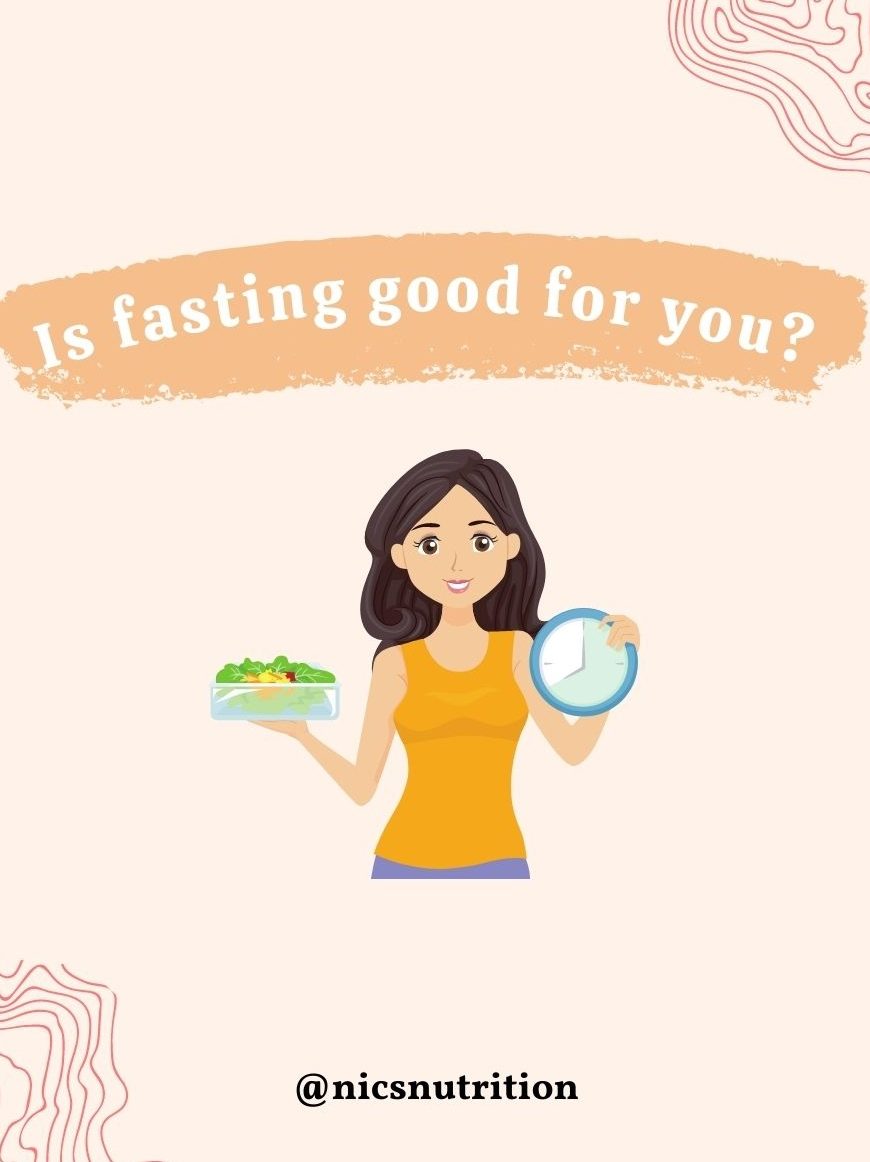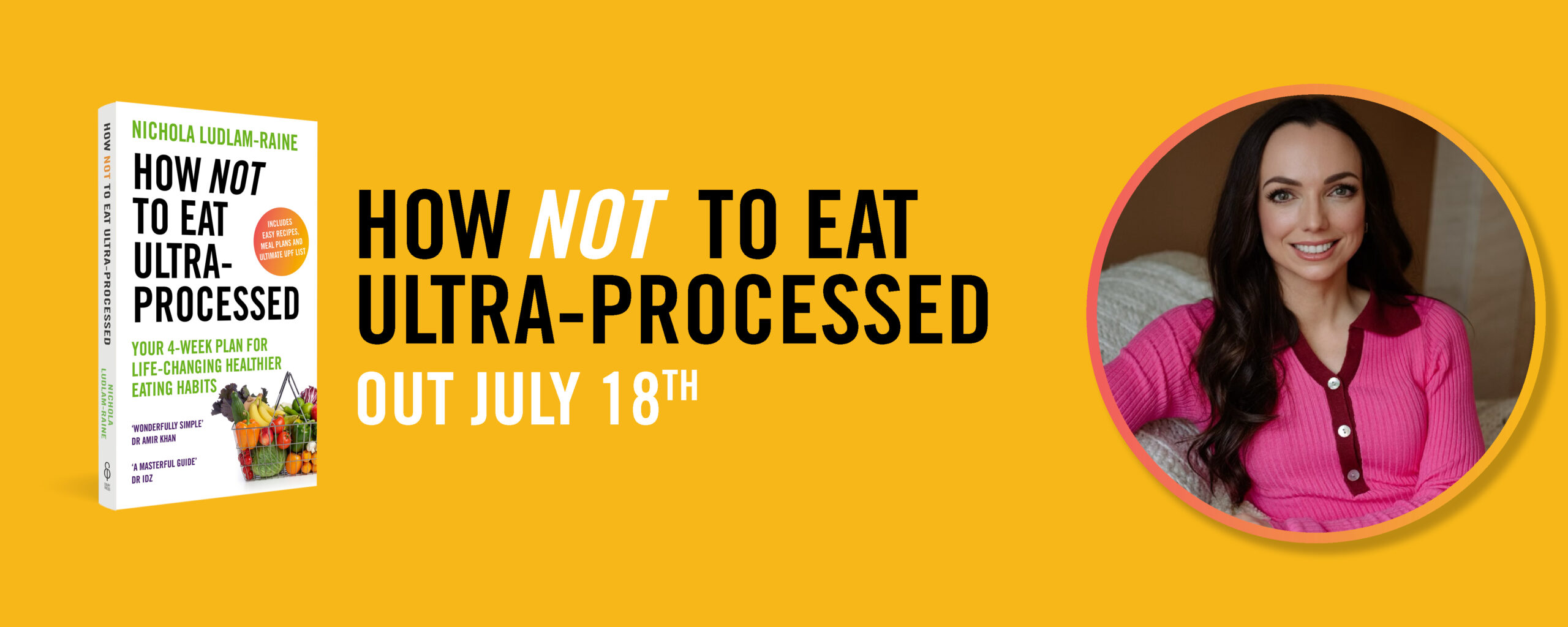
Recently I attended a study day with @the_nutrition_society on fasting and as I get asked about it weekly I thought I would share with you some of my take-home messages as well as my thoughts!
𝗪𝐇𝐀𝐓 𝐈𝐒 𝐅𝐀𝐒𝐓𝐈𝐍𝐆?
Fasting refers to periods of time when you don’t eat (or drink in some cases). People may fast all day or restrict their eating to certain times of the day only.
Our bodies aren’t designed to eat all day (or night!) and our body likes a break from time to time – whether this is between meals or overnight. As a dietitian, I’m not against snacking i.e. having a small amount of food between meals to satisfy hunger/boost energy levels for an activity for example, but what I do discourage is ‘grazing’ i.e. (mindless) eating for long periods of time.
𝐒𝐊𝐈𝐏𝐏𝐈𝐍𝐆 𝐁𝐑𝐄𝐀𝐊𝐅𝐀𝐒𝐓
Research associates eating in the morning with improved weight management, and eating a greater proportion of calories in the later part of the day with a higher BMI. Now, this isn’t necessarily because calories are metabolised any differently (although I wouldn’t recommend eating large volumes of food close to the bed for digestion reasons), but rather the types of foods that are consumed – I’m not sure how many people munch on celery sticks whilst watching TV at 9 pm!
Some people however simply don’t fancy eating in the morning, and research shows different outcomes of having breakfast on weight and also health/nutrient intake depending on the individual. It’s worth keeping in mind though that having breakfast can help to maintain more stable glucose (sugar) levels throughout the rest of the day and skipping it may result in reduced amounts of activity.
𝗪𝐇𝐀𝐓 𝐀𝐁𝐎𝐔𝐓 𝐌𝐎𝐑𝐍𝐈𝐍𝐆 𝐂𝐎𝐅𝐅𝐄𝐄?
Something new that I learnt involves something that the majority of us may enjoy, a morning coffee! Interestingly, the timing of your morning coffee may have an impact on your blood glucose, especially if you have had a night of interrupted sleep (e.g. if your newborn is keeping you awake!).
Drinking coffee BEFORE breakfast may raise glycaemic response by up to 50% & insulin secretion by 15%. One night of interrupted sleep will not have a significant impact on your health, but if it fits into your routine, try to have your morning coffee AFTER breakfast.

𝐀𝐋𝐓𝐄𝐑𝐍𝐀𝐓𝐄 𝐃𝐀𝐘 𝐅𝐀𝐒𝐓𝐈𝐍𝐆
Restricted eating windows can be an attractive ‘rule’ to follow due to their simplicity, however, it may not suit individual lifestyles and could result in a loss of muscle mass. Levels of activity may also be impacted. Focusing on WHEN you eat may also distract from WHAT you eat, which is still the most important factor when it comes to HEALTH & weight too.
DOWNSIDES? As well as not being able to stick to the fast, those who fast, may lose a higher amount of muscle mass – which isn’t good for physical function.

🤔 Do you fast? Share your thoughts!
For more tips check my IG – @nicsnutrition!
Links to studies:
https://www.ncbi.nlm.nih.gov/pmc/articles/PMC4095658/
https://pubmed.ncbi.nlm.nih.gov/26004166/
https://pubmed.ncbi.nlm.nih.gov/34135111/
https://pubmed.ncbi.nlm.nih.gov/32475359/
GOOD SUMMARY – https://www.bda.uk.com/resource/the-influence-of-time-restricted-eating-on-weight-management-and-metabolic-health.html from @bda_dietitians
